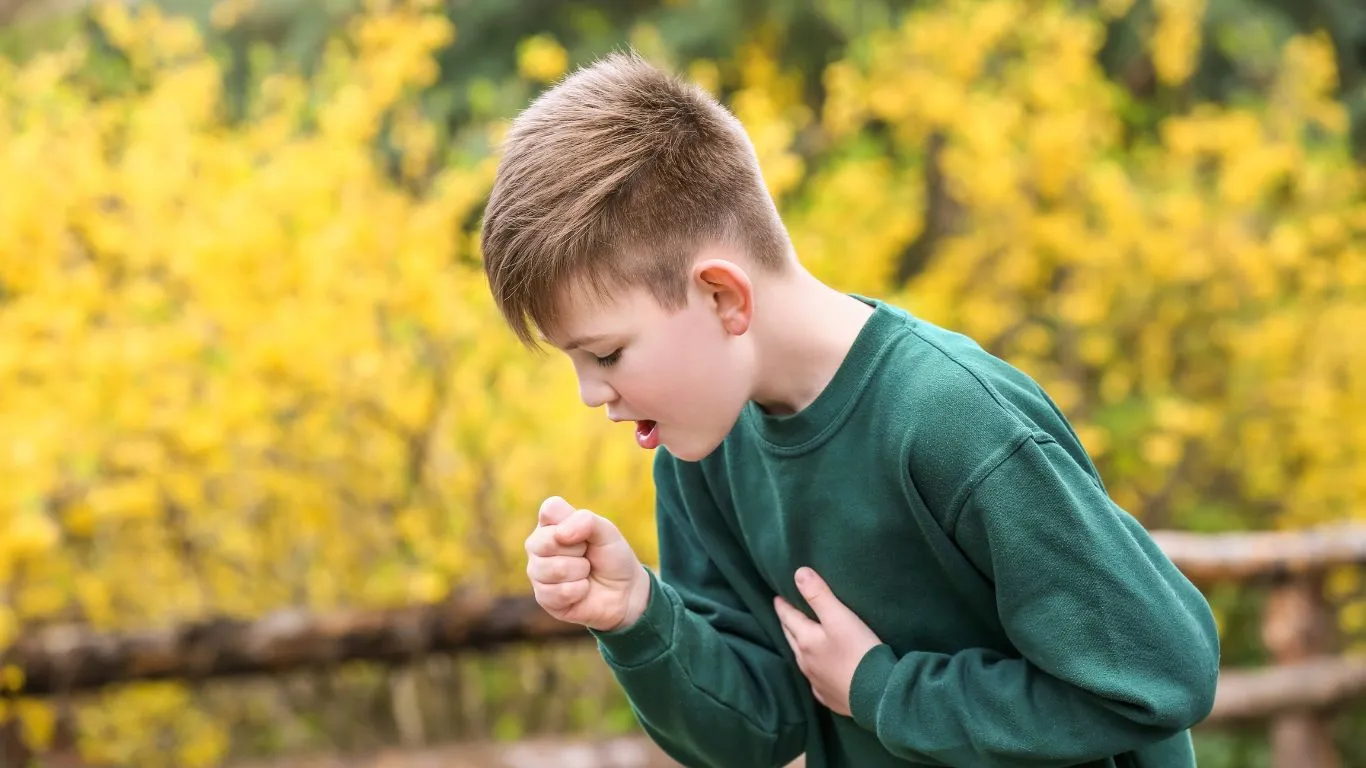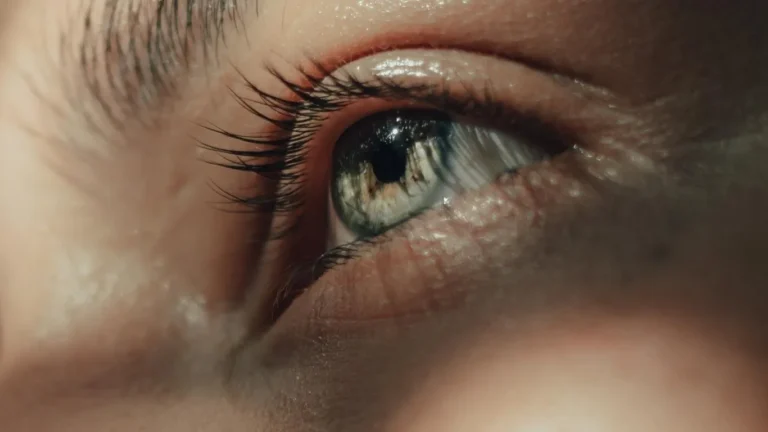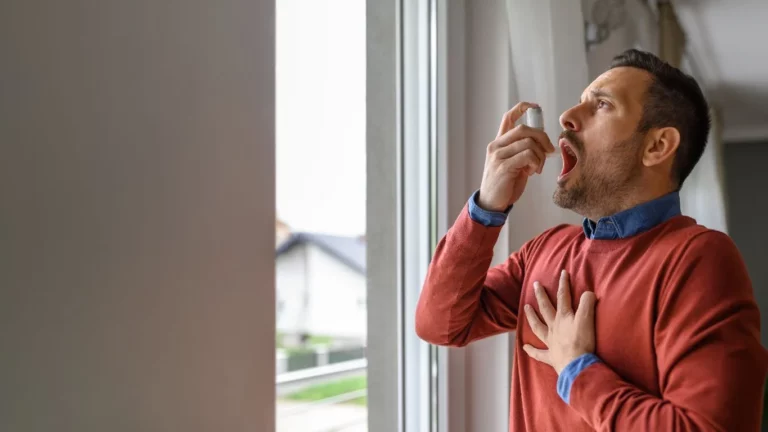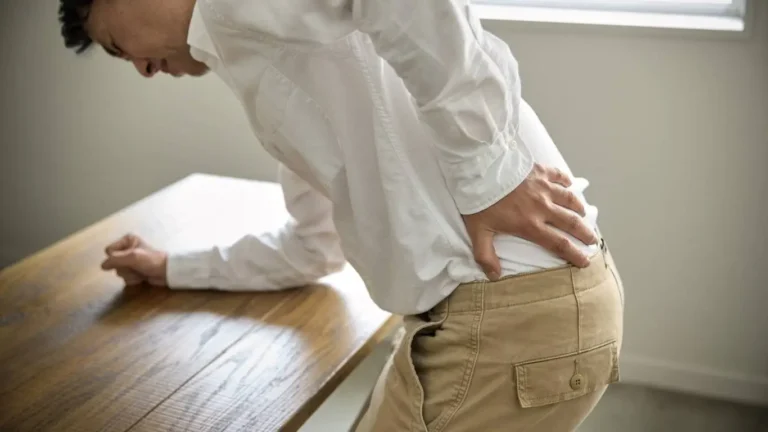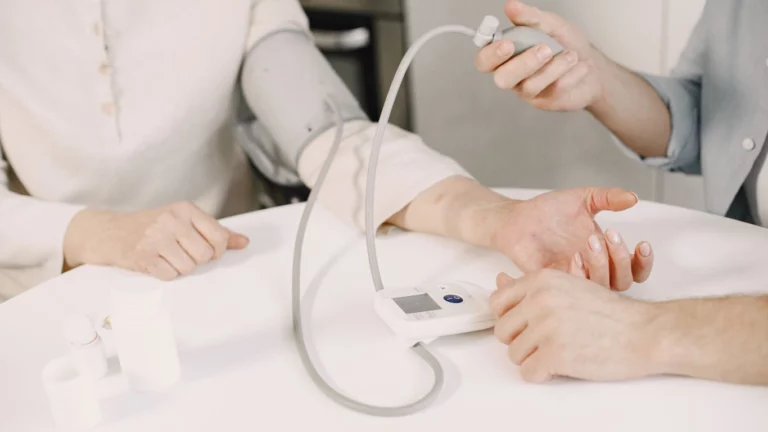Why Asthma May Cause Gasping After Laughter and What to Do About It
Gasping for air after a hearty laugh might seem like something out of a comedy sketch, but for some people with asthma, it can be a real and uncomfortable experience. If you or someone you care about finds themselves short of breath or wheezing after laughing, you might be wondering: can asthma cause gasping after laughter? The short answer is yes—it can. Let’s explore why that happens and what you can do about it.
Understanding Asthma and the Respiratory System
Asthma is a chronic condition that affects the airways in your lungs. These airways are like small tubes that let air in and out when you breathe. In people with asthma, these tubes can become swollen, tight, or filled with mucus, making it harder to breathe.
When someone with asthma is exposed to certain triggers—like pollen, smoke, cold air, or even strong emotions—their airways can react strongly. This reaction can make it difficult to get enough air in and out of the lungs.
Laughing, especially if it’s deep or prolonged, can be one of those triggers. That’s because laughter involves quick breathing, which may stress sensitive airways. When airways are already inflamed due to asthma, even something as joyful as laughter can lead to breathing problems.
How Asthma Affects Breathing During Laughter
During a good laugh, your breathing pattern changes. You inhale quickly and exhale in short bursts. This rapid change in airflow can be a challenge for someone with asthma.
For people without asthma, this usually isn’t a problem. But if your airways are inflamed or narrowed due to asthma, they may not be able to handle the extra demand. That can lead to symptoms like gasping, coughing, wheezing, or tightness in the chest.
Think of it like trying to blow through a straw that’s partly clogged. The harder you blow (or laugh), the harder it is to push air through. That’s what’s happening inside your lungs during an asthma flare-up triggered by laughter.
Why Laughter Might Trigger Gasping in Asthma
Laughter doesn’t usually cause asthma—but it can trigger symptoms if you already have the condition. Here are some reasons why gasping or shortness of breath may happen after laughter:
- Rapid breathing: Laughing can cause fast, shallow breathing that puts stress on the airways.
- Airway sensitivity: In asthma, the airways are more reactive to sudden changes in airflow.
- Underlying inflammation: Asthma keeps airways in a state of low-level inflammation, making them more prone to tightening up.
- Hyperresponsiveness: Asthmatic lungs may overreact to emotional or physical triggers like laughter, exercise, or crying.
- Cold or dry air: Laughing in cold environments can worsen asthma symptoms by drying out or irritating the airways.
So, if you find yourself gasping after laughing, it’s likely that your asthma is responding to the quick change in your breathing pattern and the stress it puts on already sensitive airways.
Common Symptoms You Might Notice
Not everyone with asthma will gasp after laughing, but if you do, you might also notice other related symptoms, such as:
- Coughing that starts or gets worse after laughing
- A tight feeling in the chest
- Wheezing—a whistling sound when breathing out
- Shortness of breath or needing to catch your breath quickly
- Fatigue or lightheadedness after an intense laugh
These symptoms can vary from mild to severe. Some people only experience them occasionally, while others may find laughter consistently triggers breathing issues.
If these signs happen frequently, it may mean your asthma isn’t well controlled. That’s worth discussing with your healthcare provider.
What Can Make It Worse?
Several factors can increase your chances of gasping after laughter if you have asthma:
- Poorly managed asthma: If you’re not using your medications as prescribed, your airways may be more reactive.
- Recent illness: A cold or upper respiratory infection can make your lungs extra sensitive.
- Seasonal allergies: Pollen, mold, or pet dander can inflame airways and raise the risk of flare-ups.
- Skipping controller meds: Inhaled corticosteroids help reduce airway inflammation over time. Missing doses can lead to flare-ups.
- Stress or anxiety: Emotional reactions can change your breathing and trigger symptoms.
Keeping track of your symptoms and noting what triggers them—like laughter, cold air, or dust—can help you and your doctor fine-tune your treatment plan.
When to Seek Help
Gasping for air after laughing might not seem serious, especially if it passes quickly. But if it happens often or gets worse over time, it’s important to talk to your doctor. It could be a sign that your asthma isn’t under good control.
You should see a healthcare provider if:
- You’re gasping or wheezing frequently after laughing
- Your usual inhaler isn’t helping as much as it used to
- You’re avoiding laughter or fun activities out of fear of symptoms
- You wake up at night coughing or short of breath
- You’ve had a recent increase in asthma attacks
In rare cases, laughing could trigger a severe asthma attack, especially if you also have a cold, allergies, or exposure to smoke or pollution. If you ever find yourself struggling to breathe, can’t speak full sentences, or your lips turn blue, seek emergency help right away.
Managing Asthma Triggers Like Laughter
The good news is that you don’t have to stop laughing to manage asthma. With a solid treatment plan, most people can keep their symptoms under control—even when something funny comes along.
Here are a few tips to help manage laughter-triggered symptoms:
- Use a daily controller inhaler: These reduce airway inflammation over time and lower the risk of flare-ups.
- Keep a rescue inhaler nearby: Use it before laughing if laughter is a known trigger, or if symptoms start.
- Monitor your triggers: Keep a journal or use an asthma app to track when symptoms happen.
- Practice breathing techniques: Deep, slow breaths can help prevent rapid breathing from triggering symptoms.
- Stay on top of allergies: If allergens are part of your asthma picture, treating them can reduce overall airway sensitivity.
With the right tools and support, you can enjoy a good laugh without worrying about your breathing. Talk to your doctor if you notice laughter is causing gasping or other asthma symptoms—there may be simple changes that can help.

Bianca Nala is a compassionate Nurse Practitioner with a strong background in primary and respiratory care. As a health writer for Healthusias.com, she combines her clinical expertise with a talent for clear, relatable storytelling to help readers better understand their health. Bianca focuses on topics like asthma, COPD, chronic cough, and overall lung health, aiming to simplify complex medical topics without losing accuracy. Whether she’s treating patients or writing articles, Bianca is driven by a single goal: making quality healthcare knowledge accessible to everyone.

